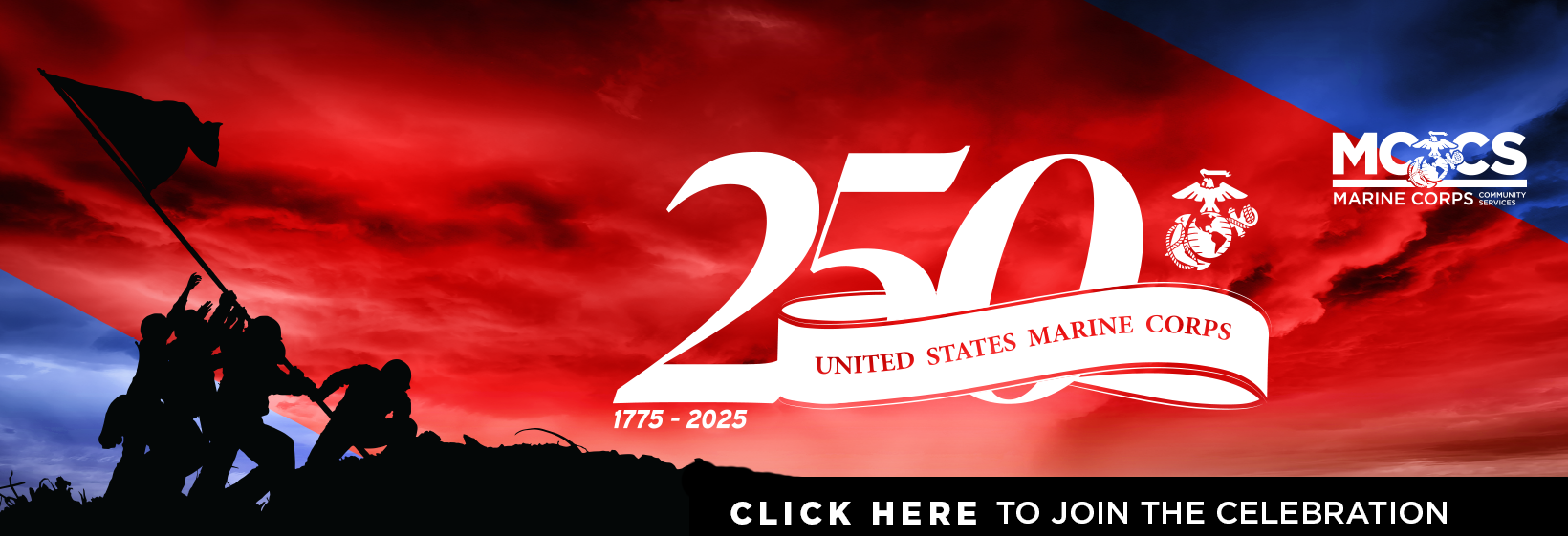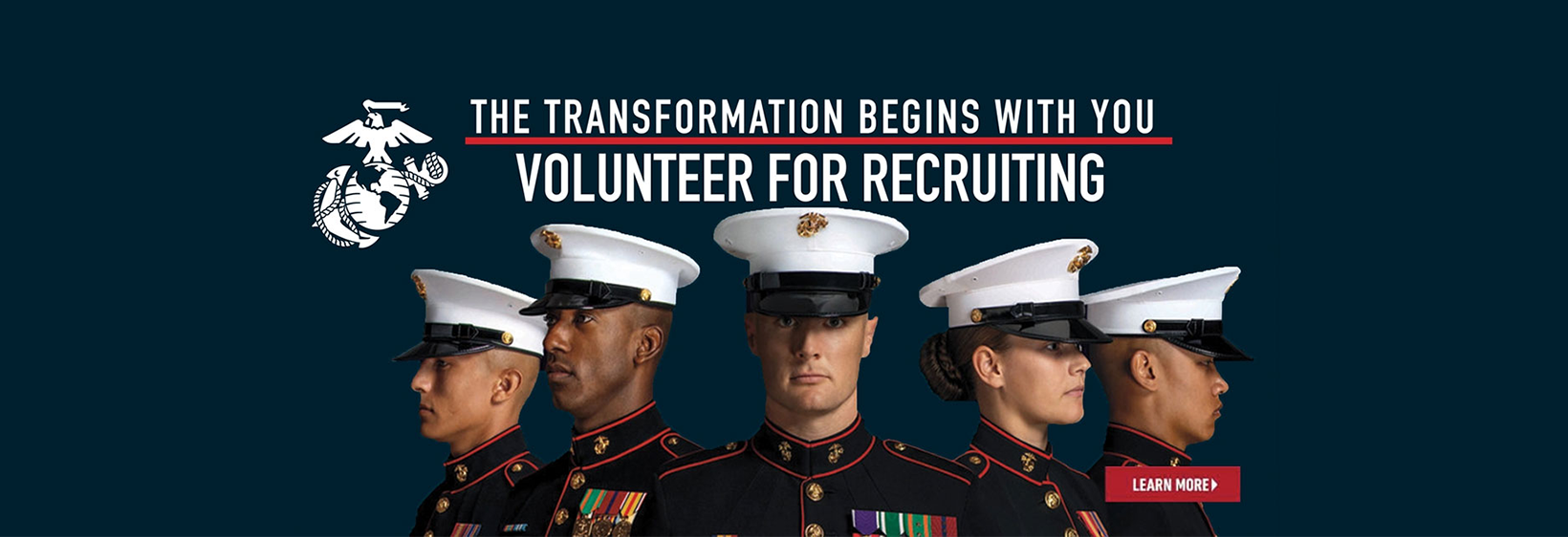Navigating the Transition
Navigating the Transition: 3 Tips for Softening Your Communications While Still Razor Sharp in the Civilian World
As Marines embark on the challenging journey of transitioning from military service to the civilian world, effective communication becomes a crucial skill to master. Drawing from my own experiences as an Army Ranger with the 2nd Ranger Battalion, combat tours in Iraq and Afghanistan, and a diverse career spanning from homebuilding to founding Combat Flip Flops, I understand the importance of adapting communication styles. In this blog post, we'll explore three essential tips for softening your communications without compromising effectiveness during this transition.
1. Translate Military Jargon into Civilian Speak:
One of the first hurdles many veterans face when entering the civilian workforce is the stark contrast in communication styles. Military jargon and acronyms, while second nature in the armed forces, can create confusion among civilians. To bridge this gap, it's essential to develop the skill of translating military terminology into language that resonates with a civilian audience.
Example:
Instead of saying, "We need to conduct a SITREP on the new project ASAP," consider stating, "Let's provide a brief update on the progress of the upcoming project as soon as possible."
Explanation:
Clear communication fosters understanding and collaboration in civilian settings. By avoiding military-specific terms and adopting more universally recognized language, you enhance your ability to connect with colleagues, clients, and stakeholders.
2. Embrace Emotional Intelligence:
Military training often emphasizes a stoic and no-nonsense approach to communication. While this can be effective in the military context, the civilian world places a higher value on emotional intelligence. Understanding and managing emotions, both your own and those of others, is crucial for building successful relationships in the civilian workplace.
Example:
Instead of responding to a challenging situation with, "Just get it done," consider saying, "I understand this might be a difficult task. Let's discuss any challenges you foresee and work together to find solutions."
Explanation:
Demonstrating empathy and a willingness to collaborate fosters a positive work environment. Recognizing the emotional aspects of communication helps in building trust and rapport with colleagues, making the transition smoother and more successful.
3. Master the Art of Constructive Feedback:
In the military, direct and unfiltered feedback is the norm, often delivered in a straightforward manner. However, the civilian world tends to value a more nuanced and tactful approach to feedback. Learning to provide constructive criticism while maintaining a positive tone is a valuable skill in any professional setting.
Example:
Instead of saying, "This report is a disaster; redo it," try saying, "I appreciate the effort you put into this report. Let's work together to refine some aspects for a more polished presentation."
Explanation:
Constructive feedback is an essential tool for professional development. By offering guidance in a positive and collaborative manner, you create an environment that encourages growth and improvement. This approach ensures that your feedback is well-received and leads to positive outcomes.
As Marines transition to civilian life, mastering the art of effective communication is paramount. By translating military jargon, embracing emotional intelligence, and mastering constructive feedback, veterans can navigate the challenges of the civilian workplace while preserving the discipline and leadership learned in the military. The journey may be challenging, but with the right communication skills, Marines can not only succeed but thrive in their new professional endeavors.
About the Author
Matthew Griffin is a USMA Graduate, Army Ranger, and Iraq and Afghanistan Combat Veteran. He is also the CEO of Combat Flip Flops and says he “enjoys doing gangster things” with his friends.

































